Keyword clusters are the new search engine optimization (SEO) ranking factor for content writers. The days of selecting targeted keywords and placing them in your articles are slowly coming to an end.
Google’s relevancy with search intent ranking factors is quickly becoming the go-to strategy for improving website exposure.

Why Cluster Keywords?
One target keyword is no longer enough to boost page ranking.
Keyword clustering is now part of Google’s algorithm to help the Search Engine Results Page (SERP) display the best, authoritative answer possible.
A keyword cluster is a new term for grouping relevant keyword groups related to the main keyword.
In Google search queries, the most relevant results display based on what your “search Intent” was.
Relevancy and the relevancy of those rated keywords have become increasingly important to gaining exposure on Google searches.
By focusing on keyword relevancy, website owners have the opportunity to drive quality traffic that isn’t just looking for the same old content.
Searchers want tailored and refined content they’re actually searching for to help them with a problem.
This relevancy ranking factor in the form of keyword clustering helps business gain an edge in obtaining organic traffic, as long as they have optimized their pages according to Google standards.
Your content needs to stand out from the rest and one great way to do this is by utilizing keyword clusters in your work.
Keyword clustering is an incredibly effective method for optimizing content, improving rankings on search engines, and ensuring that your content stands out as an authoritative source of information.
I’m a writer who wants to provide great, informative content but I also want to improve the reach of all my posts!
What Is a Keyword Cluster?
A keyword cluster is a group of related words that tell search engines what the content is about.
It’s important to note that “keywords” and “keyword clusters” are not the same thing.
What are Keywords?
These are single words or phrases.
What are Keyword Clusters?
These are a group of related words used together to create a more detailed description of the content topic.
For example, if you were writing an article about camping in Yosemite National Park, your keywords might be “Yosemite camping”.
While your keyword cluster could include “Yosemite camping gear,” “Yosemite camping tent reviews,” and “best campsites Yosemite National Park.”
This helps search engines better understand what your content is about and helps put it in front of more qualified readers who are actively searching for this type of content.
How To Create Keyword Clusters
Creating keyword clusters isn’t difficult; it just requires some thought and research.
There are two strategies I use starting with the first;
1. Proper Keyword Research
I use this logical research flow to determine the best keyword clustering.
- Industry Niche
- SEO Content Strategy
- The primary keyword
- Search Volume
- User Intent
Start by brainstorming as many niche-relevant terms as possible related to the topic you’re writing about in preparation for in-depth content covering.
Once you have a list of potential terms, head over to the FREE Google’s Keyword Planner tool or Free section of Ubersuggest to get ideas for related terms based on their popularity with searchers.
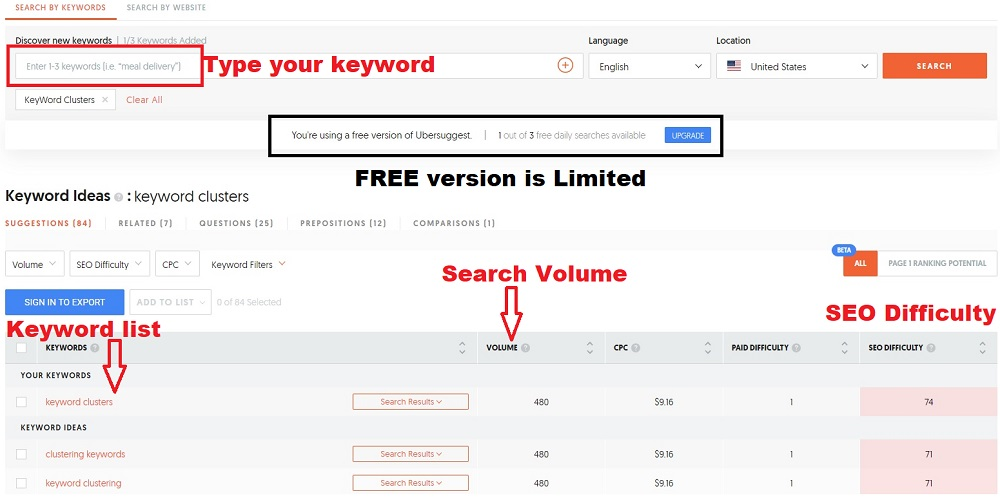
Then create different combinations using these terms until you have several versions that accurately reflect the topic of your article or page.
Further, refine your list by looking at which keywords are being used by competitors (this also shows you which ones may be too competitive for you).
Finally, don’t forget to add some long-tail keywords into the mix; these longer phrases typically have lower competition levels but still provide valuable data points for search engines.
2. Segment your keywords into groups
You’ll notice patterns within your list of keywords after you complete your list.
You will see similar keywords that users include when searching for the main keyword.
These patterns provide a potential list to create keyword clusters.
This is what a keyword cluster would look like,
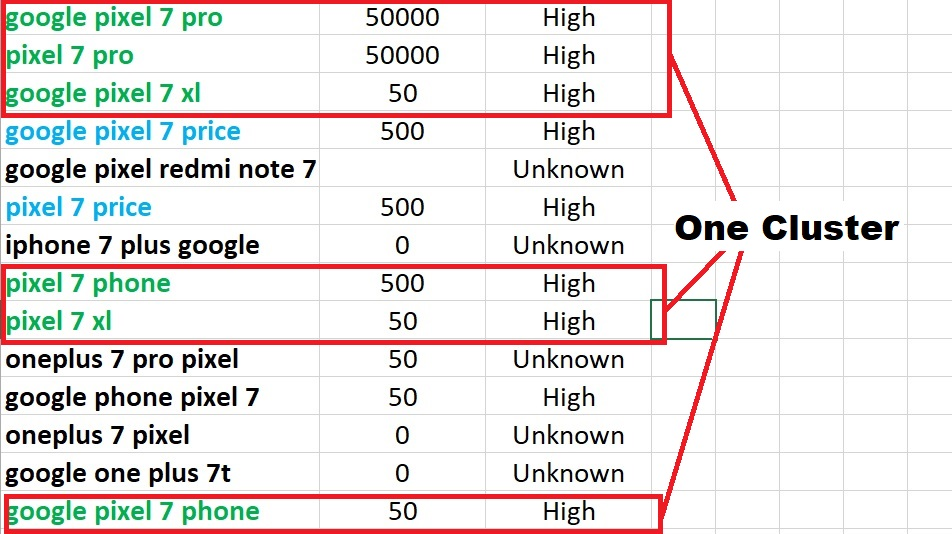
Keyword Grouping Tools
Surfer SEO is a powerful keyword grouping tool perfect for businesses or individuals looking to optimize their online visibility.
Check out this article about how Surfer SEO can increase your google page rank.
Surfer SEO easily finds keyword clusters by studying first-page ranking websites and their content.

Surfer SEO’s keyword grouping feature makes it an essential tool for any serious website owner looking to increase their search engine ranking.
It’s one of my new favorite keyword research tools.
By understanding search engine algorithms including the data on each website, Surfer SEO can help pinpoint the most effective keywords and phrases to target in order to get ahead of the competition.
FREE Keyword Clustering Tools
1. Google AdWords Keyword Planner
The Google AdWords Keyword Planner is a free keyword clustering tool that can be used to research and group together keywords for your website or blog.
The tool allows you to enter a seed keyword, and then generates a list of related keywords.
You can then use the keywords to create groups, or clusters, of similar keywords.
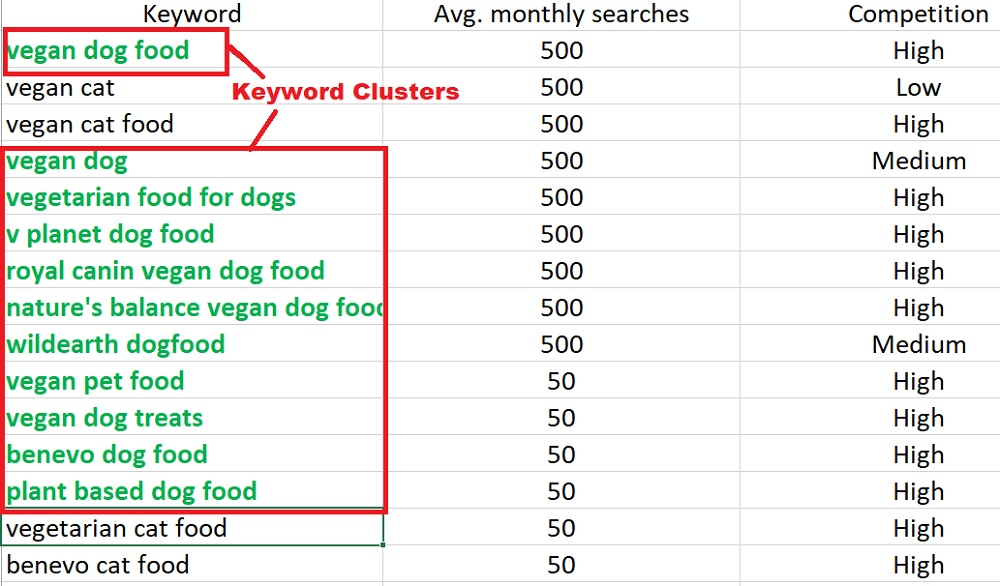
For beginners new to search engine optimization this tool can be a vital starting point to analyze, research, and optimize keyword strategies.
This invaluable tool allows you to enter any topic of interest and search for keywords their search volume and their performances in Google Ads campaigns.
How can this help you?
Google Keyword Planner also helps in uncovering new keyword clusters relevant to your chosen topic and reveals valuable insights.
This tool can easily obtain comprehensive data-backed reports on popular keywords within your niche.
This would otherwise be impossible to do from manual keyword research alone.
No matter what kind of content strategy or SEO campaign you are running, Google Keyword Planner is a free tool for researching all keywords relevant to your brand or product.
2. Soovle
Soovle is a free online keyword clustering tool that allows you to enter a seed keyword and then it generates a list of relevant keywords.
It clusters them into the top search engines’ keyword results.
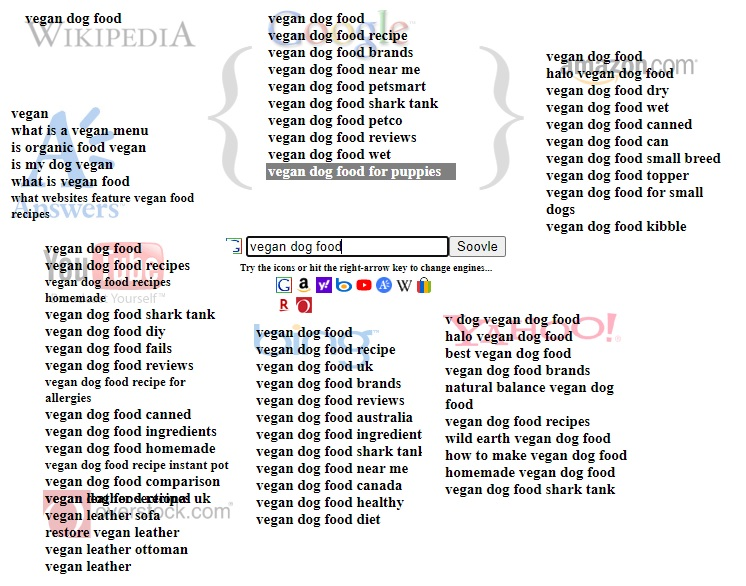
You can then group these keywords into clusters, of similar keywords.
3. Ubersuggest – Free But Limited
Ubersuggest is another limited but free online research tool that allows you to enter the main keyword and then generate a list of relevant keywords.
Now take those keywords and create groups, or clusters, of similar keywords.
4. WordStream
WordStream is very similar to the keyword planner research tool from google.
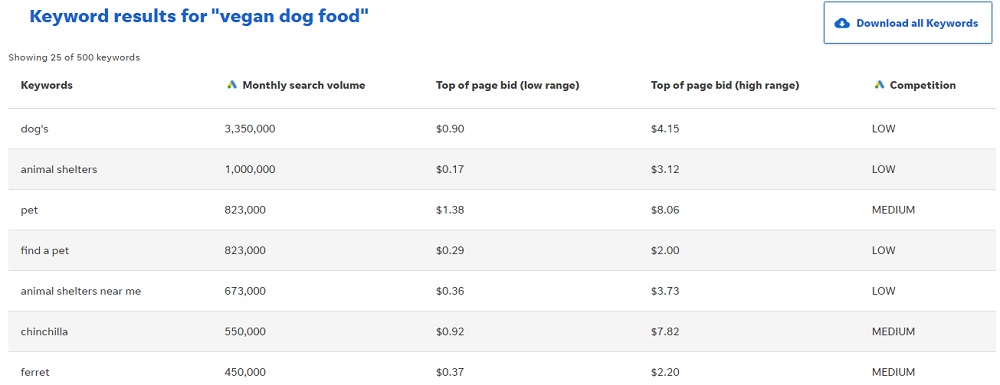
It generates a list of keywords that are all related to your main keyword with competition ratings.
5. Moz Keyword Tool
Moz is a free online-related keyword suggestion tool but they do require you to create a free account.
Once you do log in, go to the free SEO tools, that allow you to enter the main keyword, and then it will generate a list of keywords.
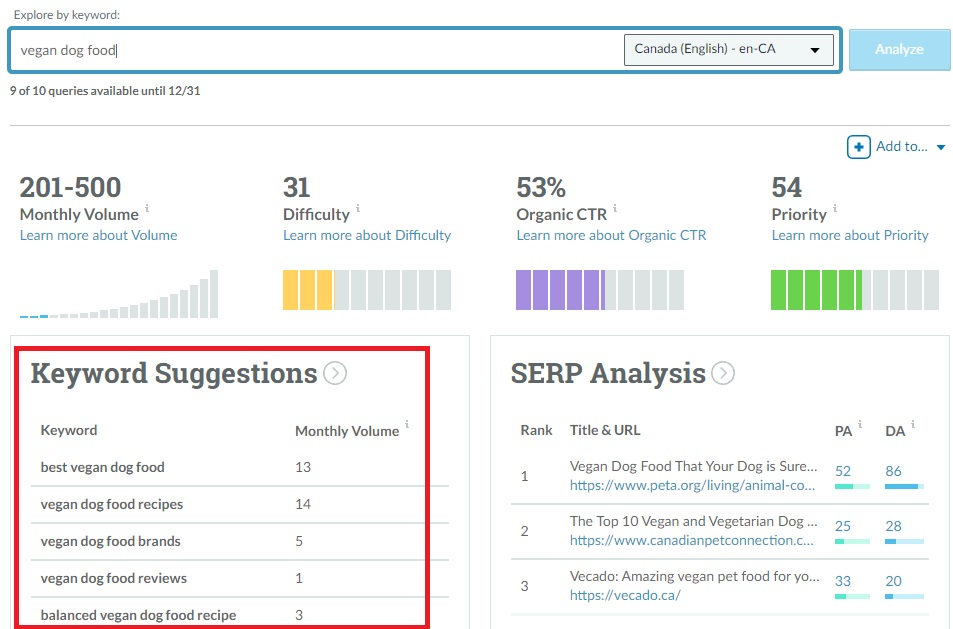
You can then use the keyword suggestions to create your own group of related keywords.
What keyword cluster tools do you use? if any? Please share in the comments below.
What is Cluster SEO?
Cluster SEO is an article optimization strategy that involves grouping multiple keywords into content clusters.
This method ensures your content covers the entire topic of a given search term and creates a more informative search experience for users.
The cluster approach also allows targeting and utilizing long-tail keywords that may have been overlooked in traditional SEO practices.
With cluster SEO, multiple words are recognized as related and their collective signal contributes to higher SERP rankings.
Long story short, cluster SEO enables you to rank easier for those tougher sets of search queries by targeting the whole list of keywords not just one or two key phrases.
You can now get a head start over the SEO professionals that are charging big money to provide this type of keyword data.
Make Your List of Keywords Robust
Keyword clustering begins with great keyword research. Definitely.
Keyword research is one of the most important steps in achieving high rankings for your website.
Although writing naturally is important if you do not target low competition, highly relevant keywords success will not find you.
I would stay away from short-tail keywords as they are almost always too competitive.
Use long tail keywords instead for example, “the best vegan dog food for pugs”.
Success comes when primary keywords and clustering are the building blocks of your content.
If you are not multiple keywords that are related subtopics you should be.
This doesn’t mean you should group keywords together if they’re not related to your topic.
Finding the best keywords involves understanding their usage and competition with other ranking websites.
To make a robust list of keywords with low competition that will rank well involves being good at keyword clustering.
I tend to cluster as many keywords into groups that can be used for subtopics or subheadings.
You’ll need to group the related words into clusters by grouping similar terms together to create your keyword List.
You can save time and make it easier, I suggest starting with a single keyword with low competition.
From that keyword dataset, you can find related words and group them together.
Don’t Mix Topics in Your Keyword Clustering
This is very easy to do if you have an extensive keyword list and no SEO strategy.
Stick to the main topic for an article and do not mix all the keywords together.
For Example, my article is about the main keyword “Vegan Pet Food For Dogs”. Any words that pertain to vegan and dogs can be clustered if it pertains to the main topic.
I would group any words that pertain to “Vegan Cat Food” for a totally different article.
Does this make sense? Let me know in the comments below if clustering keywords makes sense to you.
With this strategy, you will find related keywords and group those keywords into clusters.
This will help optimize your content for effective on-page SEO and get you on the path towards more successful online marketing efforts.
